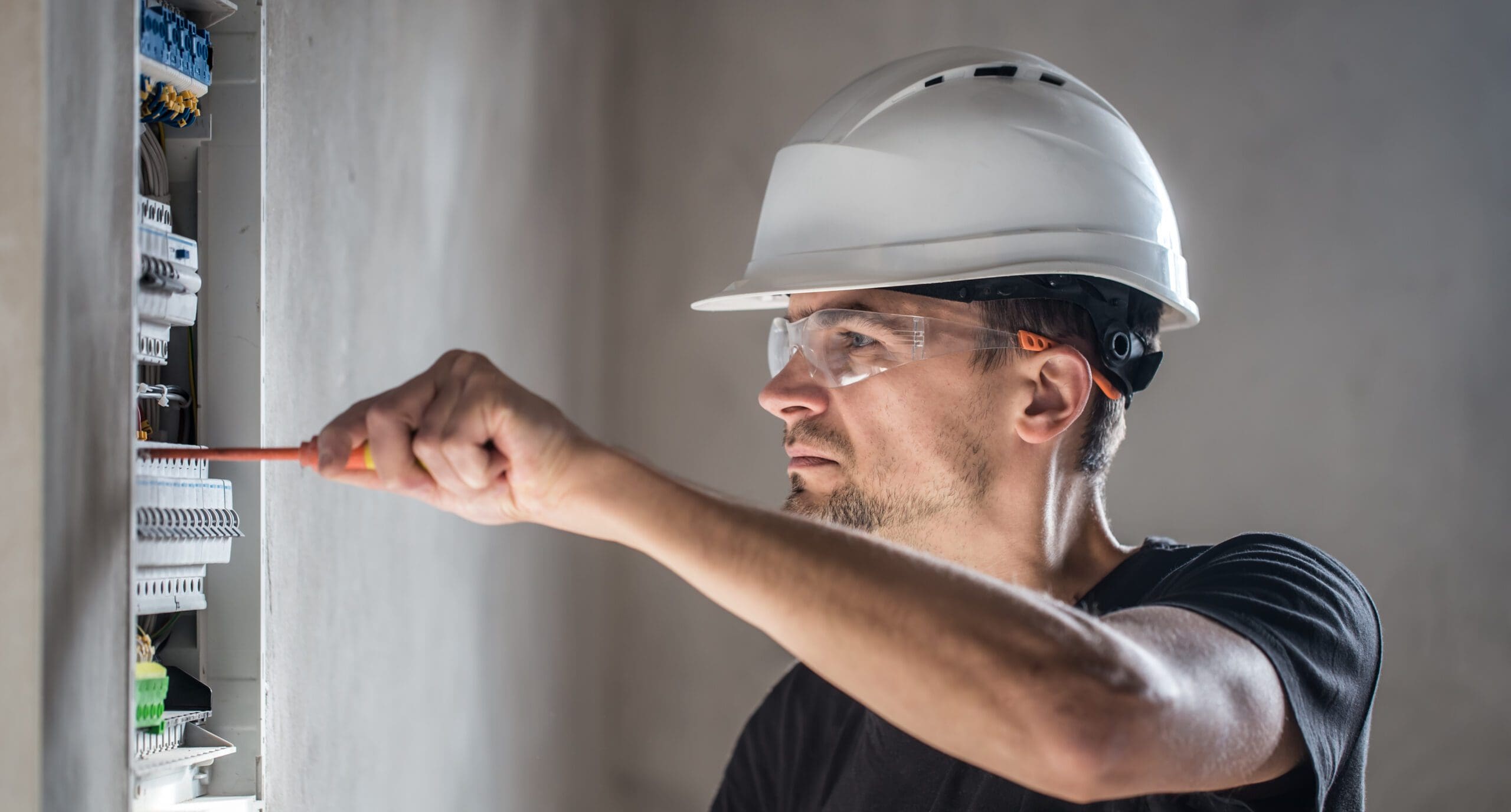
What is Fixed Wire Testing?
A Fixed Wire Test is an electrical service, also commonly referred to as an EICR Test, which is conducted to determine whether critical electrical systems in a building are safe and compliant with BS 7671 (18th Edition) standards.
This includes but is not limited to:
- Distribution boards
- Circuits
- Residual Current Devices (RCD’s)
- Sockets and accessories
- Over-current Protective Devices (MCB’s / Fuses)
- Surge Protective Devices (SPD’s)
 About BES Group
About BES Group Accreditations & Credentials
Accreditations & Credentials Our Environmental, Social & Governance
Our Environmental, Social & Governance Careers at BES Group
Careers at BES Group Our Senior Leadership Team
Our Senior Leadership Team